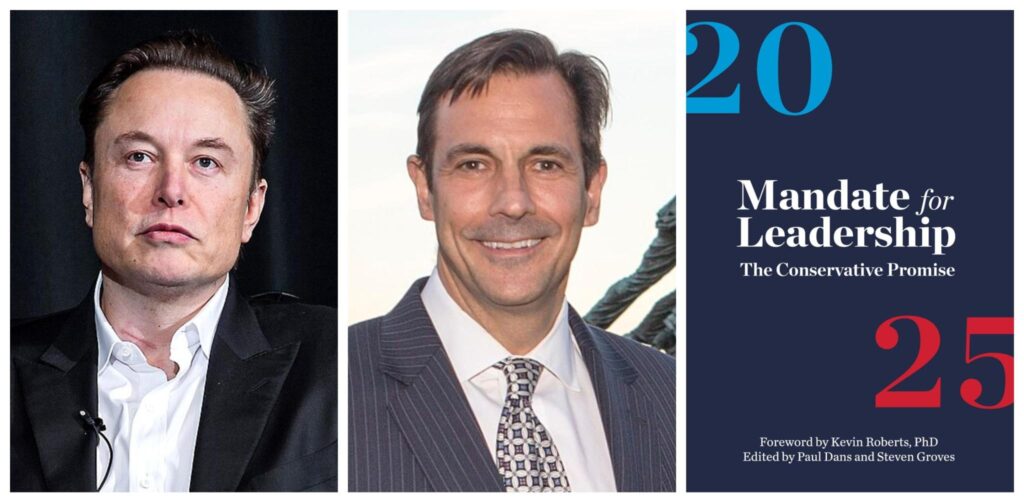One of the most compelling chapters in the PBS Frontline 2-hour special on global warming that aired earlier this week was the segment on America’s Addiction to Coal. PBS dives headfirst into the myth of clean coal and pretty much tears it apart using something we don’t often see these days when it come US energy issues: facts.
And the most complete take-down of “clean coal” in the segment came from the CEO of the second largest coal electricity company in the US.
The $40 million clean coal lobby has been very effective in creating a false sense of security that someday all coal fired electrical plants will be able to capture greenhouse gases and store them underground.
One of the most compelling chapters in the PBS Frontline 2-hour special on global warming that aired earlier this week was the segment on America’s Addiction to Coal. PBS dives headfirst into the myth of clean coal and pretty much tears it apart using something we don’t often see these days when it come US energy issues: facts.
And the most complete take-down of “clean coal” in the segment came from the CEO of the second largest coal electricity company in the US.
The $40 million clean coal lobby has been very effective in creating a false sense of security that someday all coal fired electrical plants will be able to capture greenhouse gases and store them underground.
I like to call it techno-hope because the problem remains that carbon capture and storage (CCS) on a commercial scale is still far off in the future, if attainable at all. And one of the biggest players in the US coal industry agrees. David Ratcliffe, the CEO of Southern Company – the second largest emitter of greenhouse gas from coal in the United States – is extremely pessimistic about the future prospects of CCS.
Here’s a transcript of Ratcliffe’s interview with PBS for their segment on coal:
Interviewer: the word on the street is that Southern doesn’t really favor carbon capture and storage because you don’t have the geology in the southeast.
Ratcliffe: I think the truth is, is that we don’t know where we have storage capability in this nation at this time. We haven’t even come close to defining what will be required in storage, what are the legal liabilities and what are the permitting requirements, much less the infrastructure needed to develop that storage and move the carbon, the C02, into that storage, pipelines or trucks or whatever that is.
We haven’t even scratched the surface yet.
Interviewer: If carbon capture and storage doesn’t work is the game over for your business of generating electricity with coal?
David Ratcliffe: I would say that we would have a hard time in a carbon constrained future, burning coal without the ability to capture it C02.
Some other great points were made by coal industry experts in this segment:
Jeffery Ball, Wall Street Journal reporter: I think there’s a reality check going one about carbon capture and storage right now.There was huge, rosy optimism about carbon capture and storage. It was really the quintessential silver bullet. It would allow you to take what was fundamentally a dirty fuel and burn it cleanly. Cheap and dirty fuel and you could burn it cleanly. And at least a huge chunk of the problem would be solved.
Jeff Goodell, author: What’s wrong I think is that reality is intruding and at a certain point you have to ask: “Well if I’m going to go to all this expense why not just do something else. Why not do clean renewable power or something that is perhaps the same price or a small percentage more expensive right now, but vastly simpler that eliminates all these technological problems.”
Currently the coal industry accounts for 25% of greenhouse gas emissions in the United States – if the coal industry does not deal with this issue, it will be one of the biggest industries penalized under a new cap and trade program being proposed by both US presidential candidates.
Unfortunately, clinging to this techno-hope has real implications today. Coal plants are still being constructed in the United States and the coal companies are justifying this new construction by claiming that these new plants will be “carbon capture ready.”
Problem is that not even the coal companies know when carbon capture and storage will be ready and the words of Ratcliffe, one of the top coal CEO’s in the United States today, definitely don’t provide much optimism that “clean coal” will be a reality anytime in even the remote distances of the near future.
Subscribe to our newsletter
Stay up to date with DeSmog news and alerts







